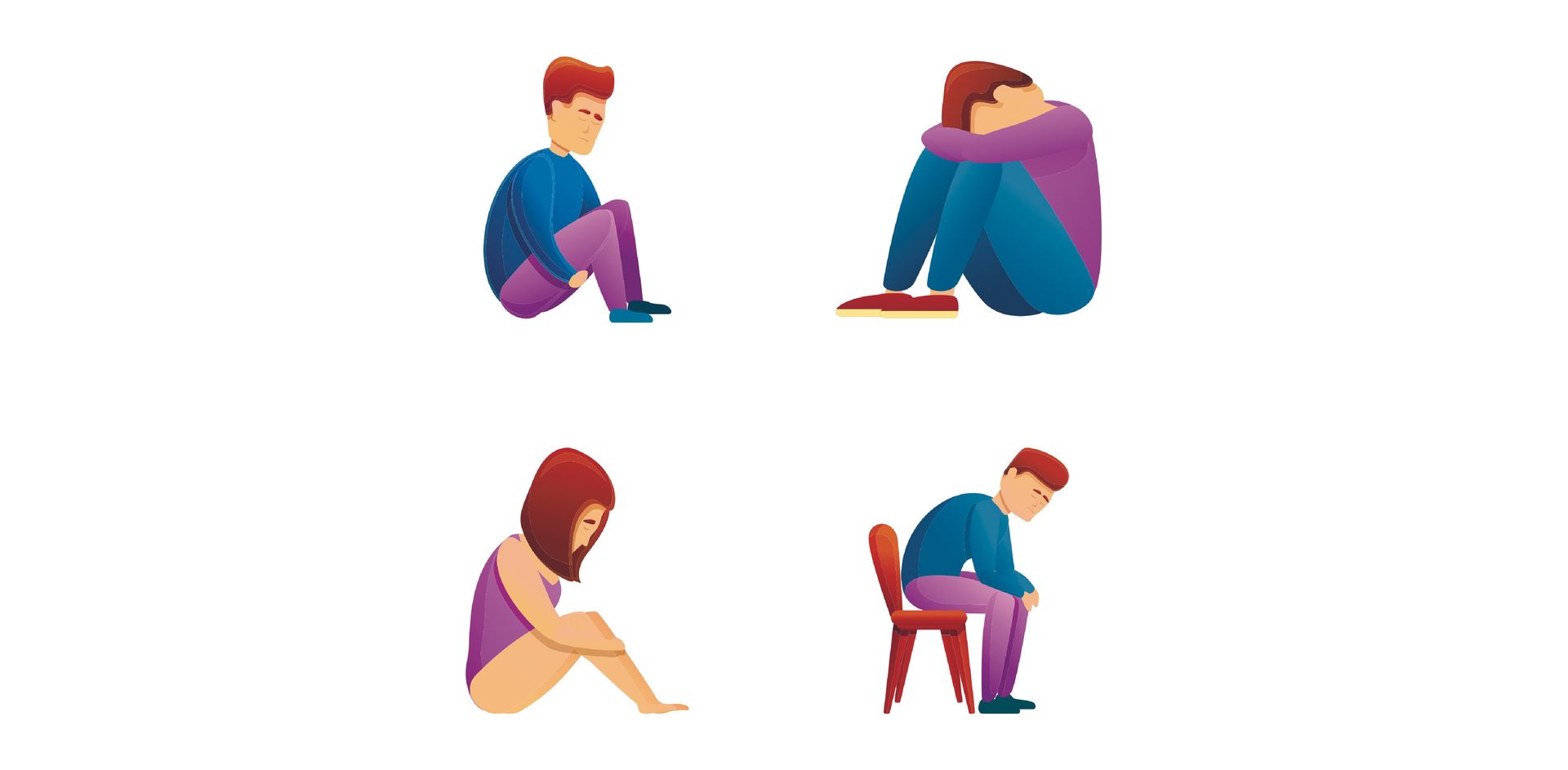Separation when children are adults
When parents go for a seperation and their children are coping with it in adulthood
I have accompanied many couples during their separation, with older and with younger children. Most of them have managed it really well. But I also know that negative feelings always come up on all sides, which makes communication difficult.
The thought of staying together "because of the children" is obvious to many couples. One does not want the children or the environment of family and friends to be suffering from a separation. However, it is a misconception that the separation of parents is easier for children to cope with in adulthood. If the child finds out that his parents or at least one parent stayed together only because of him, this can trigger massive feelings of guilt. These can also affect the children's later couple relationships.
It is the responsibility of parents, who are connected for life even as an ex-couple, to make a separation as harmonious as possible. This often sounds like an impossible task, especially for one partner. Too many hurts have led to the separation. It is difficult to take a step back in this situation. Even though a separation is a great loss – cooperative parents make it so much easier for their children!
But children can also play their part in a "successful separation". They don't have to show understanding for the separation, that's not their job. However, they may "allow" their parents to make adult decisions that they can live with better and are therefore happier.
Parents should take care that children do not slip into roles that are reserved for them as parents (so-called "parentification"). This is an unconscious process, e.g. when one parent is clearly having a harder time with the separation. Then a child may feel especially responsible for this parent. But: children remain children all their lives! Just as parents remain parents throughout their lives. It is extremely important to keep to this dividing line.
Children are also allowed to show their parents boundaries when they get into a loyalty conflict by being pulled to one side; parents often trigger this unconsciously, too. Children immediately sense that "something is not right". They may and should communicate this clearly to their parents.
Both parents and children grieve in the separation situation, albeit each in their own way. Children lose something they thought was safe. Couples wanted to stay together until death do them part. Not to see this as a "failure" is not easy, but possible.
What to do when the separation is a done deal? Here are a few tips for the time after the decision:
· First of all, it is important to let go. In this phase, one partner often tries to win the other back. The driving force behind these attempts is the fear of being alone, of change and, last but not least, the shame of how the environment in the circle of family, friends and acquaintances will react. This behaviour, understandable as it may be, is counterproductive and causes even more resistance from the partner who is more willing to separate.
· No parent needs to make themselves small and bend over backwards for the other.
· Divorce hurts. We learned that early on. We don't want the pain and ask ourselves how we can turn it off. Unfortunately, we can't! Allow the pain and come more and more into acceptance of the situation. It definitely gets better with time.
· Both parents are allowed to be aware that everyone has contributed their share to the end of the relationship.
· Also ask your children how they are doing in the situation; this often gets lost - also on the part of family and friends - as much revolves around the well-being of the couple in separation.
· It is reassuring that there is always light at the end of the tunnel. Even if tunnels are sometimes quite long.
And last but not least: The children have lived under one roof with their parents for a long period of time. They may understand that their parents have gone through many phases during this time. During this time, parents have always acted in their best option. Depending on the perspective, these may not be the "best" choices for the children. It is good to realise this. And if parents and children are able to talk about this, that can also be extremely valuable in a separation situation!
If you need support in a separation situation, please feel free to contact me.
Also read my article on
Focus Online:
On Anna's 18th birthday, her mother leaves her father: "I've fulfilled my duty."
I also contributed as an expert to
Zeit Online on the topic
Children of divorce: We were once a family.










